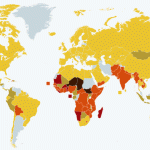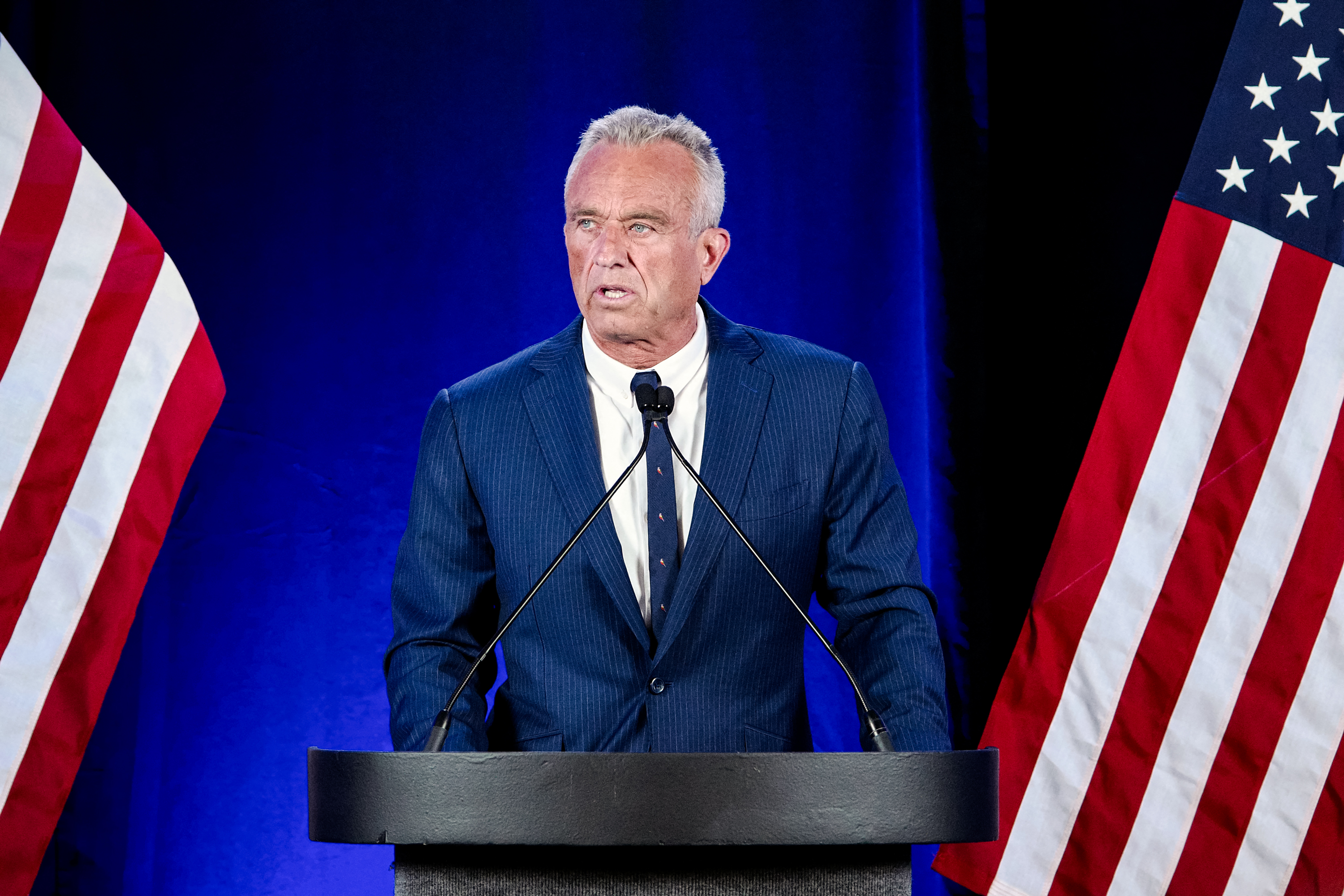![]() The Biden administration on Nov. 15 announced $11.6 billion in CHIPS and Science Act awards for TSMC Arizona, a subsidiary of the world’s largest contract chipmaker, to boost chip manufacturing in the United States.
The Biden administration on Nov. 15 announced $11.6 billion in CHIPS and Science Act awards for TSMC Arizona, a subsidiary of the world’s largest contract chipmaker, to boost chip manufacturing in the United States.
This includes $6.6 billion in direct funding and up to $5 billion in loans. TSMC has pledged a $65 billion investment into three facilities in Arizona.
Two years ago, President Joe Biden visited Arizona to tour a new semiconductor manufacturing hub, including TSMC’s venture into the United States and Intel’s initiative to bring chipmaking back in-house. During his visit, he touted his flagship CHIPS and Science Act, which he signed into law in August 2022.
He pointed out at the time that while the United States invented the semiconductors and once produced 40 percent of the world’s supply, domestic manufacturing now accounts for only about 10 percent, and this does not include any of the most advanced chips.
“I came to office determined to change that,” Biden said in a statement announcing the new incentives award. “Today’s final agreement with TSMC—the world’s leading manufacturer of advanced semiconductors—will spur $65 billion dollars of private investment to build three state-of-the-art facilities in Arizona and create tens of thousands of jobs by the end of the decade.”
The president hailed the award as one of the “most critical milestones” of the CHIPS Act thus far and said the first TSMC plants will open in early 2025.
“The first of TSMC’s three facilities is on track to fully open early next year, which means that for the first time in decades an America manufacturing plant will be producing the leading-edge chips used in our most advanced technologies—from our smartphones, to autonomous vehicles, to the data centers powering artificial intelligence,” Biden said.
Taiwan-based TSMC is currently the only foundry in the world capable of making the smallest, most advanced chips. Its plans to manufacture advanced chips in the United States were seen as a success of the past two administrations’ efforts to court the strategically important maker amid increasing China–Taiwan tensions.
Between the three planned facilities, TSMC is expected to produce a significant supply of leading-edge chips used for powering artificial intelligence, high-performance computing, and consumer electronics, such as 5G and 6G smartphones or autonomous vehicles.
The administration projects that its investment in TSMC will create 6,000 direct manufacturing jobs and more than 20,000 construction jobs, according to a Nov. 15 statement.
TSMC Chairman and CEO C.C. Wei said the agreement was a “pivotal step” in bringing chipmaking to the United States as part of a collaboration that began in 2020.
U.S. Secretary of Commerce Gina Raimondo said the investment was a strategic national interest.
“The Biden–Harris Administration’s investment in TSMC Arizona is a turning point for American innovation and manufacturing that will strengthen our economic and national security,” she said in a statement.
Chips are essential for anything electronic, and the most advanced ones also have the potential for military application. When the global supply chain was briefly disrupted in 2020 during the COVID-19 pandemic, industries worldwide saw how economies could grind to a halt should another disruption occur.











